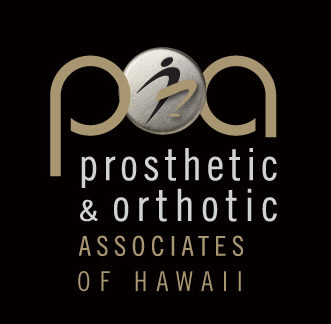I recently attended the Amputee Coalition Conference in California. During one of the events I joined in a conversation with several attendees who were discussing the subject of Disabled Parking laws, and how they vary from state to state (and sometimes by city). I was under the impression that they were the same all over the U.S., but learned that is not the case.
The availability of specially reserved parking spaces is regulated by both federal and state laws. Generally at least one space is available at any public parking location, with more being required based on the size of the parking lot and in some cases the type of location, such as a health care facility. Anyone parking in such reserved spaces must have their plate or mirror placard displayed, or else the car can be ticketed for illegal parking. In some major US cities local law also allows such vehicles to park for free at city parking meters and also exempts from time limits on time parked. Be sure to check with the Department of Transportation for cities/states you may be visiting as they can vary. For example: In Florida. parking at city parking meters is free for the first four hours. It is not free for any length of time in Nevada, but in California it is free and there is no limit on the amount of time parked.
